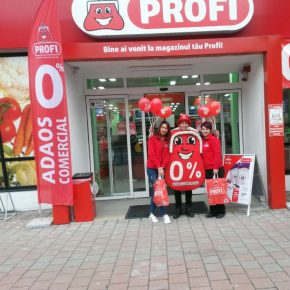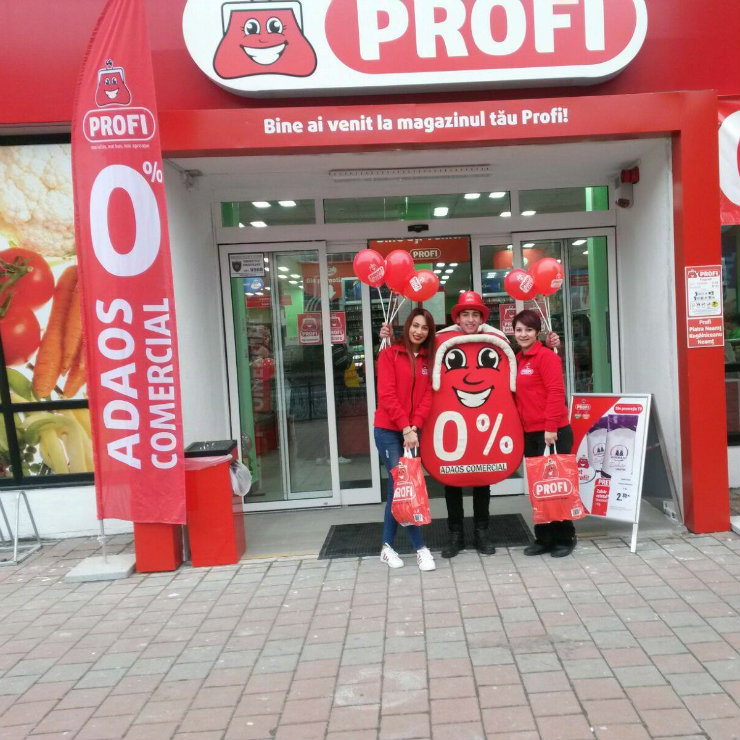Tydzień w gospodarce
Category: Trendy gospodarcze

(©Profi Romania)
South African media and internet group Naspers sold Allegro, Poland’s largest online marketplace, for USD3.25bn, to a consortium of European private equity funds, including Cinven, Permira and regional specialist Mid Europa. The deal, which is the largest M&A transaction in Poland since June 2011, proved a magnet for private equity funds.
„The majority of private equity funds we cover looked at this deal,” says Gergely Voros, head of emerging market investment banking at Morgan Stanley, which advised Naspers.
What is perhaps surprising is that the firm is located in central and eastern Europe, a region that global private equity firms have traditionally been wary of. Voros says the line-up for the Allegro deal shows that such reservations are a thing of the past.
„Central Europe, and particularly Poland, has matured and is effectively being viewed as western Europe now,” he says. „People are comfortable putting billions of dollars to work there.” The presence of regional specialist Mid Europa Partners in the winning consortium, however, suggests that international funds still feel the need for local expertise.
„The comfort provided by the sector in which Allegro operates and its own strength as an asset were slightly offset for some global private equity firms by the fact that it is in CEE,” Knorr said.
Nevertheless, market participants agree that prejudices against central Europe, at least, are rapidly falling away. Partly, this is due to the region’s impressive macroeconomic performance. Countries such as Poland, Romania and Slovakia are all growing at more than 3 per cent a year, while public debt levels remain modest.
Central Europe also still lags the western part of the continent in terms of living standards and consumer spending by some margin, leaving room for a considerable catch-up effect.
„In some countries, the conversion from traditional retail to modern retail is still to come, while throughout the region the middle class is growing and getting wealthier,” he says. „It is a developed but still developing region, which is what makes it attractive for investment.” Improved financing conditions are also enhancing Central Europe’s appeal for private equity buyers, say bankers.
Historically, the scale of funding required for larger deals was only available in euros, exposing funds to currency risk. Willing to lend, rising levels of local deposits, however, combined with dwindling returns, have made banks in the region much more willing to lend in larger size into leveraged buy-outs, says Rizwan Shaikh, head of CEEMEA loan structuring and syndication at Citi.
„They have very high liquidity in local currency and are keen to deploy it in high-yielding assets, particularly in Poland where the bank tax is squeezing profits,” he says. Meanwhile, historically low interest rates across the region make for better returns for investors, notes Voros.
Another limiting factor on private equity interest in Central Europe has traditionally been the relatively small size of the assets on offer. The Allegro acquisition was the largest ever in the region by international funds, while only a handful of leveraged transactions have topped the USD1bn mark since the financial crisis.
October saw the long-awaited launch of the sale of SABMiller’s CEE businesses, which are being spun off to reconcile European antitrust authorities to the group’s GBP79bn takeover by Anheuser-Busch InBev. The disposal – which includes leading beer brands in the Czech Republic, Poland, Hungary, Romania and Slovakia – is expected to raise up to EUR7bn. A batch of private equity firms have already been named as potential suitors, including US funds KKR and Bain Capital, as well as Europe’s Advent, CVC, BC Partners and PAI Partners.
Private equity players were also prominent in the auction for Poland’s second-largest mobile telecoms operator, Play, which was cancelled in early October after valuations of EUR3.5bn apparently failed to satisfy its Greek and Icelandic owners.
Blackstone and Warburg Pincus were involved in the final bidding round, along with CVC and Cinven.
The upcoming exit by Mid Europa Partners private equity from Zabka, the leading Polish convenience store network, is also expected to attract widespread interest from the sector, with the sale slated to be worth about EUR1bn. At the same time Mid Europa acquired the largest in Romania supermarket chain, Profi, for EUR533m. This was the biggest deal ever completed by a private equity firm in Romania and the biggest retail deal in the country’s history.



